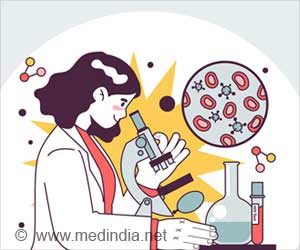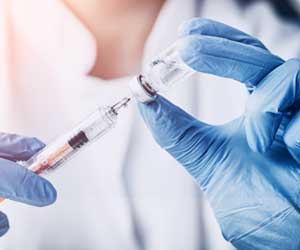Some people living with HIV/AIDS in Maryland have been "forced to look elsewhere" for treatment and other support services following the closure of the Washington, D.C.
Some people living with HIV/AIDS in Maryland have been "forced to look elsewhere" for treatment and other support services following the closure of the Washington, D.C.-based Whitman-Walker Clinic's Takoma Park, Md., facility in September 2005, the Washington Post reports.
According to the Post, some HIV-positive people living in the area are trying to find new resources for prescriptions, case management, emergency food vouchers, and mental health and nutrition counseling.The clinic -- which serves about 7,000 HIV-positive individuals in the Washington, D.C., area -- in May 2005 approved $2.5 million in cuts and announced it would end permanently services in the Northern Virginia and Maryland suburbs.
Whitman-Walker in September 2005 shut down its Takoma Park facility, but the Virginia Department of Health; Alexandria, Va.; and Fairfax and Arlington counties in Virginia pledged to provide as much as $590,000 to allow Whitman-Walker to keep its Northern Virginia clinic operating until the end of 2006. Whitman-Walker in October 2006 announced that it would maintain its operations and clinic in Northern Virginia beyond 2006 because its financial situation had improved.
Following the closure, some Maryland residents have found treatment and support services at local health departments or through advocacy, outreach and other programs, the Post reports. Others -- including many people from Prince George's and Montgomery counties in Maryland -- turned to the Whitman-Walker clinic in the district, according to the Post.
The district facility serves more than 1,900 people from suburban Maryland, most of whom live in Prince George's and Montgomery counties, according to spokesperson Chip Lewis. Before the closure of the Takoma Park facility, the district clinic served 1,200 people from suburban Maryland.
Erin Bradley, a spokesperson for the Prince George's Department of Health, said there are options for HIV-positive people living in suburban Maryland. Bradley added that funds previously allocated to the Takoma Park clinic have been dispersed to other social agencies offering services such as transportation to medical appointments, emergency food vouchers, and mental health, nutrition and substance-abuse counseling.
Advertisement
According to the Post, HIV testing services also have been affected by the closure. The Suburban Maryland AIDS Reduction Team, which performs confidential HIV screening, had to find a new location to conduct testing after the closure. SMART now offers no-cost testing on Wednesdays at the Holy Redeemer Metropolitan Community Church in College Park, Md.
Advertisement
Source-Kaiser Family Foundation
LIN/B











